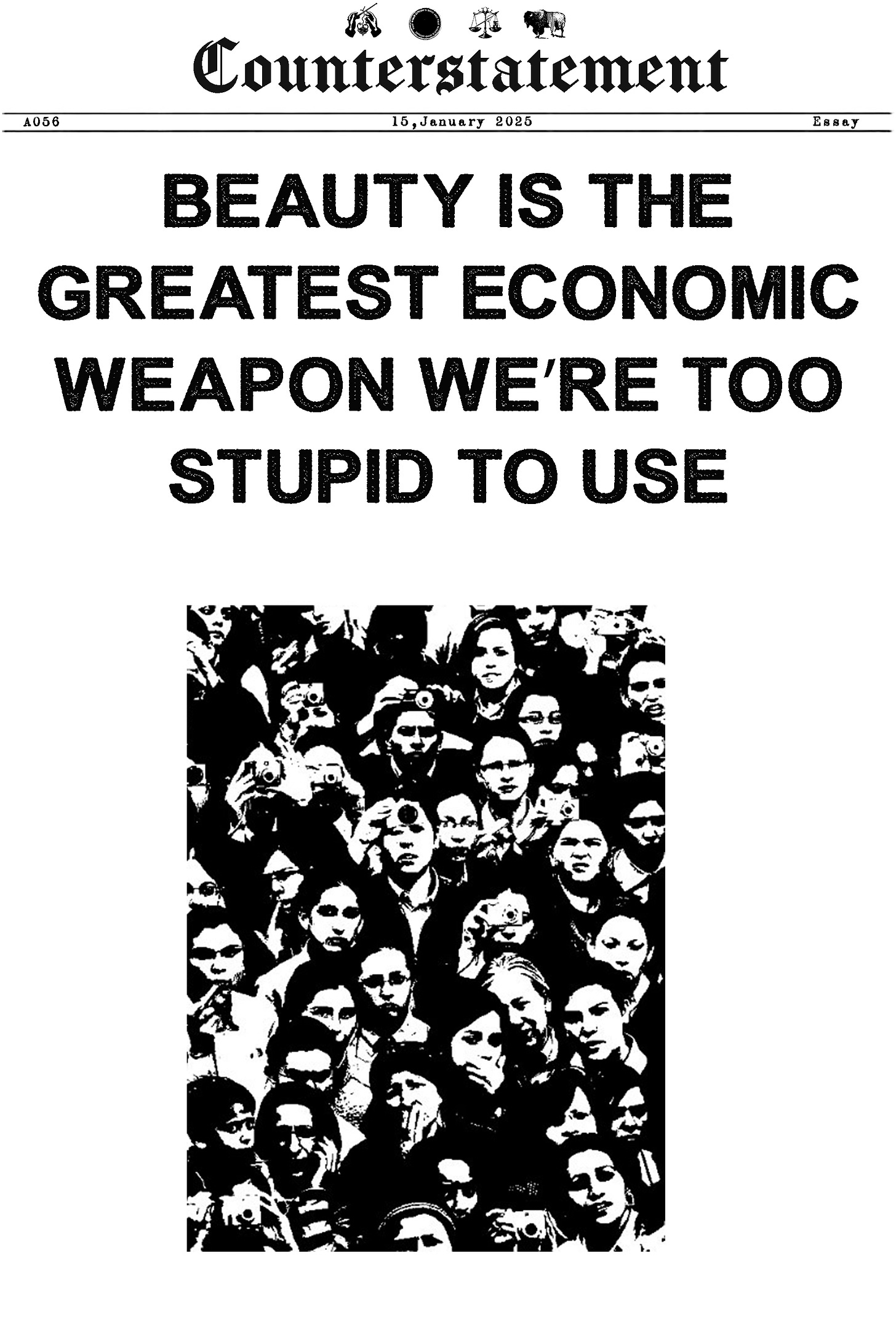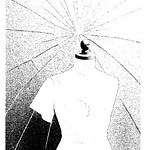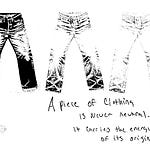Beauty: The Silent Dictator of Wealth and Power
Beauty is the unacknowledged tyrant of our age, a gilded dictator whose dominion stretches from ancient cathedrals to the cold glow of your smartphone. It doesn’t ask for permission, or wait for recognition, it rules, quietly and absolutely, with a painted smile and a razor-sharp edge. And yet, despite its absolute sovereignty over culture, commerce, and human desire, we continue to treat beauty as a trivial indulgence, a "nice-to-have" instead of the omnipotent force it is.
This ignorance isn’t just naïve, it’s dangerous. Beauty isn’t a frivolous luxury. It’s as vital and inescapable as oxygen, it’s the unseen engine behind fortunes, empires, and revolutions. Yet, here we are, failing to study it, prioritize it, or even respect it. We’re like moths drawn to a flame we don’t bother to understand, and worse, we’re leaving untold fortunes on the table in our refusal to embrace beauty’s power.
Beauty Is Money, Stop Pretending It’s Not
Name an industry, and beauty is its best-performing drug. Tourism thrives because people will pay obscene amounts to gawk at pretty ruins. The fashion industry doesn’t move trillions because of fabric, it sells transformation, seduction, and aspiration, stitched into every seam. Even the tech world, with its fetish for function, bows to beauty. Apple didn’t conquer the world with specs, they did it with brushed aluminum and perfectly curved edges. They sold you a dream in a box, and you waited in line to hand over your soul, and paycheck, for it.
Beauty doesn’t just make things desirable, it makes them indispensable. A functional product can be replaced. A beautiful one becomes a symbol, of status, success, and meaning. The Eiffel Tower isn’t just an iron skeleton, it’s an eternal romance machine, printing Parisian magic on demand. A Chanel jacket doesn’t just keep you warm, it wraps you in a legacy of elegance. In the hands of beauty, the mundane becomes iconic, and that transformation is pure profit.
Take Europe as the ultimate proof of beauty’s economic power. For centuries, people have made pilgrimages to Paris, Florence, and Rome, not to experience functionality or efficiency, but to marvel at beauty. Millions flock to see the works of Michelangelo, da Vinci, and Bernini, to walk through Gothic cathedrals that pierce the heavens, or to stand before the grandeur of Versailles. These creations are not just cultural treasures, they are economic engines, generating billions of dollars annually. Tourism fueled by beauty supports countless industries, from hospitality to retail, proving that beauty isn’t just viable, it’s indispensable.
Beauty, The Master Manipulator
Here’s the truth, beauty isn’t a gentle muse. It’s a predator. It bypasses logic, digs its claws into your emotional core, and leaves you hungry for more. That sunset that makes you pause? That symphony that moves you to tears? That perfectly designed storefront that pulls you in? It’s beauty weaponizing your instincts, turning you into an evangelist for its cause.
Beauty doesn’t just sell, it enslaves. It creates loyalty that transcends reason, binding you to brands, products, and experiences with invisible chains. It’s psychological alchemy, turning base desire into obsession, status, and even identity. You don’t just buy beautiful things, you become them. And still, companies fail to study beauty as the weapon it is, treating it like a garnish instead of the engine of desire and devotion.
The Cost of Ignoring Beauty
Neglecting beauty is corporate malpractice. It’s the reason so many products, brands, and ideas fade into oblivion, while their beautiful competitors endure. A purely functional product can win the day, but only beauty wins the war. Need is temporary, desire is eternal.
Without beauty, businesses become forgettable. With it, they become timeless. The first iPhone wasn’t just a phone, it was a cultural moment. The Mona Lisa isn’t just a painting, it’s a pilgrimage. Beautiful creations don’t just attract, they endure. They etch themselves into the fabric of human consciousness, creating loyalty that spans generations.
And yet, as a society, we continually fail to prioritize the creation of extraordinary beauty. It’s baffling. If beauty reliably works, if it moves hearts, inspires awe, and creates wealth, why don’t we treat it as a cornerstone of economic strategy? Instead of investing in cheap, forgettable projects, we should be building cathedrals of our own, creating objects, spaces, and experiences so breathtaking that they become destinations in themselves. Beauty has already shown us it can support entire economies, yet we treat it like an afterthought, dismissing its potential with a kind of cultural stupidity.
Why We Don’t Take Beauty Seriously
So why do we persist in undervaluing beauty? Because it doesn’t play by the rules of logic or metrics. You can’t quantify the ROI of a sunrise, or distill the emotional resonance of a perfectly tailored suit into a KPI. Beauty operates on a level that spreadsheets can’t touch, and in a culture obsessed with data, this makes it easy to dismiss.
But make no mistake, beauty is not intangible. It’s rooted in psychology, philosophy, and craftsmanship. It’s a science and an art, a seduction and a strategy. To ignore beauty is to ignore humanity itself, our desires, our aspirations, our very sense of meaning.
The Call to Bow Before Beauty
It’s time to stop treating beauty like a decorative flourish, and start treating it like the strategic powerhouse it is. This means elevating beauty to its rightful place in our businesses, cultures, and institutions. Hire philosophers to decode its mysteries. Employ psychologists to study its grip on the human psyche. Let artists lead your strategy meetings. Build beauty departments with the same seriousness you apply to R&D or marketing, because beauty is the product, the pitch, and the payoff.
Those who master beauty will inherit the future. They’ll build brands that endure, products that inspire devotion, and cultures that leave a legacy. The rest will be forgotten, commodities drowned in a sea of mediocrity, functional but lifeless.
Beauty is the tyrant we all serve, whether we admit it or not. The only question is whether you’ll wield its power or be crushed by those who do. So stop fighting it, bow to beauty, study it, harness it. And when you do, you’ll find yourself ruling not just markets, but hearts, minds, and history itself.













